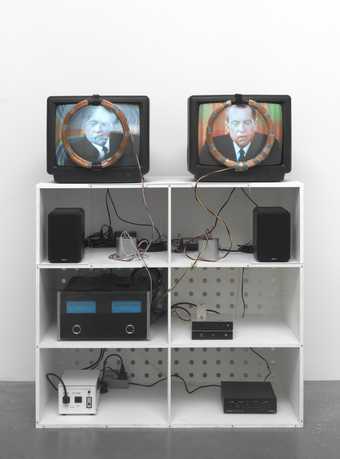Poet and writer James Wilkes leads a 4-week course, encouraging you to think about the role of experiment in modern and contemporary art and to produce your own work of experimental writing.
The experiment has a long history of changing perceptions and allowing people to claim to know about the world. Since the 1950s, many artists have entered into dialogue with scientific experiments, adapting new technologies or developing their own experimental forms.
From Gustav Metzger’s Liquid Crystal Environment, to Magdalena Abakanowicz’s Embryology installation or Meschac Gaba’s Architecture Room, many works at Tate Modern illuminate the idea of experiment. Participants are encouraged to carry out their own self-experiments in writing, inspired by the art on display, as well as readings ranging from experimental essays to feminist science scholarship. Sessions include visits to the galleries including Robert Rauschenberg, group discussion and sharing of work within a supportive environment.
Biography
Dr James Wilkes is a poet and writer with interests in modernist and contemporary poetry, audio and visual art, and a particular focus on the relationship between contemporary poetry and cognitive science. He has taught at the University of East Anglia, Birkbeck and Tate Britain, and for the last two years has been Associate Director of Hubbub, an interdisciplinary collective of artists, scientists, humanities researchers and political activists investigating rest and its opposites.

